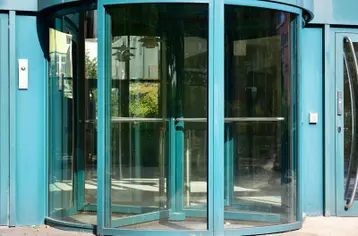
Table of contents
- 1.How to retain employees, longer
 Delays to customer products or services was the #1 impact of losing employees (24.5%) according to survey respondents, followed by loss of productivity (21.1%) and then the issue of the costs to re-hire and onboard employees (17.2%). Smaller businesses can’t afford to under-service their customers. The consequence of under-servicing clients or customers at small or mid-businesses is far more severe than larger companies. This is because the loss of each customer represents a greater proportion of their customer base and thereby revenue. If you only have a handful of clients, and you lose one, well... It’s not as if business leaders are ignoring the turnover problem.
Delays to customer products or services was the #1 impact of losing employees (24.5%) according to survey respondents, followed by loss of productivity (21.1%) and then the issue of the costs to re-hire and onboard employees (17.2%). Smaller businesses can’t afford to under-service their customers. The consequence of under-servicing clients or customers at small or mid-businesses is far more severe than larger companies. This is because the loss of each customer represents a greater proportion of their customer base and thereby revenue. If you only have a handful of clients, and you lose one, well... It’s not as if business leaders are ignoring the turnover problem.- 53.2% of survey respondents have increased employee recognition,
- 51.4% provide salary increases or raises, and
- 41.3% provide benefits all in the name of boosting retention rates.
How to retain employees, longer
To boost employee retention rates, employers must create a place of work that people enjoy day in and day out. To do this, consider the kinds of workers you want to attract, what those types of people are incentivized by, and marry that to what your business can provide. There are myriad ways to provide employee perks, better working conditions or incentives to staffers. For instance, you could offer scaling salaries based on tenure, shares in the company, or earned flexible work arrangements.This article is for informational purposes only, is not legal, tax or accounting advice, and is not an offer to sell, buy or procure insurance. TriNet is the single-employer sponsor of all its benefit plans, which does not include voluntary benefits that are not ERISA-covered group health insurance plans and enrollment is voluntary. Official plan documents always control and TriNet reserves the right to amend the benefit plans or change the offerings and deadlines.
This article may contain hyperlinks to websites operated by parties other than TriNet. Such hyperlinks are provided for reference only. TriNet does not control such web sites and is not responsible for their content. Inclusion of such hyperlinks on TriNet.com does not necessarily imply any endorsement of the material on such websites or association with their operators.





